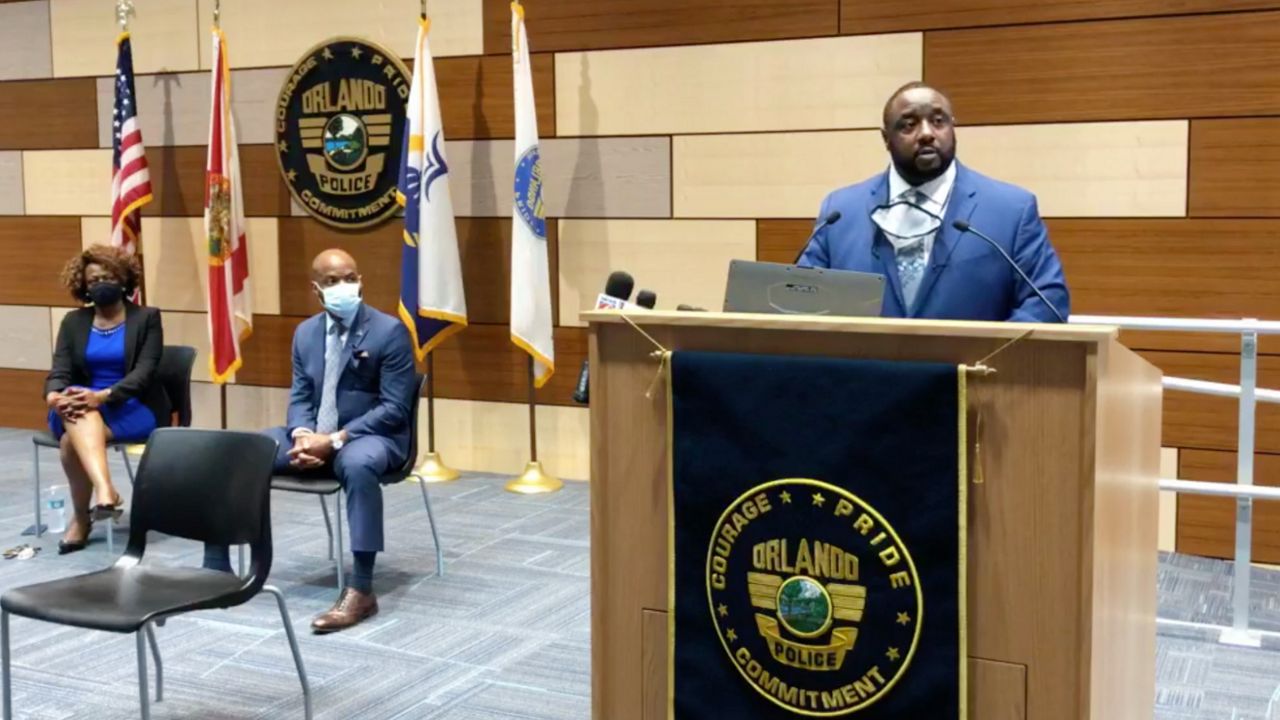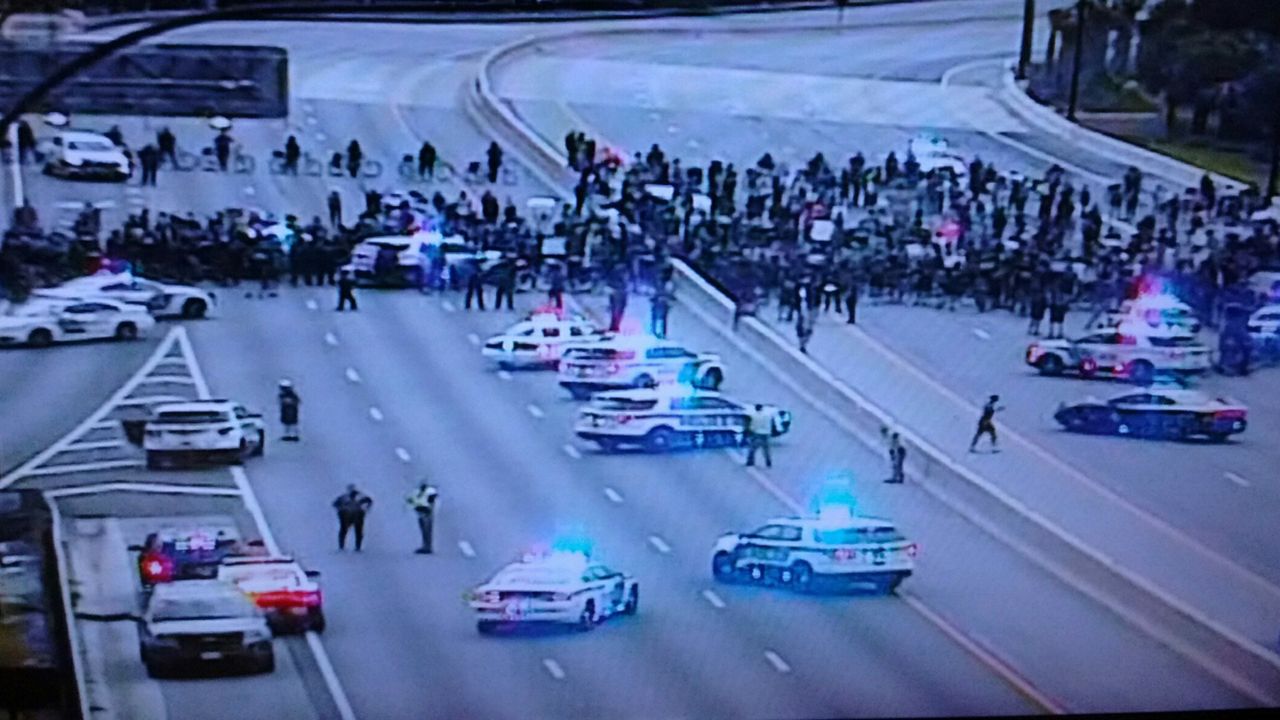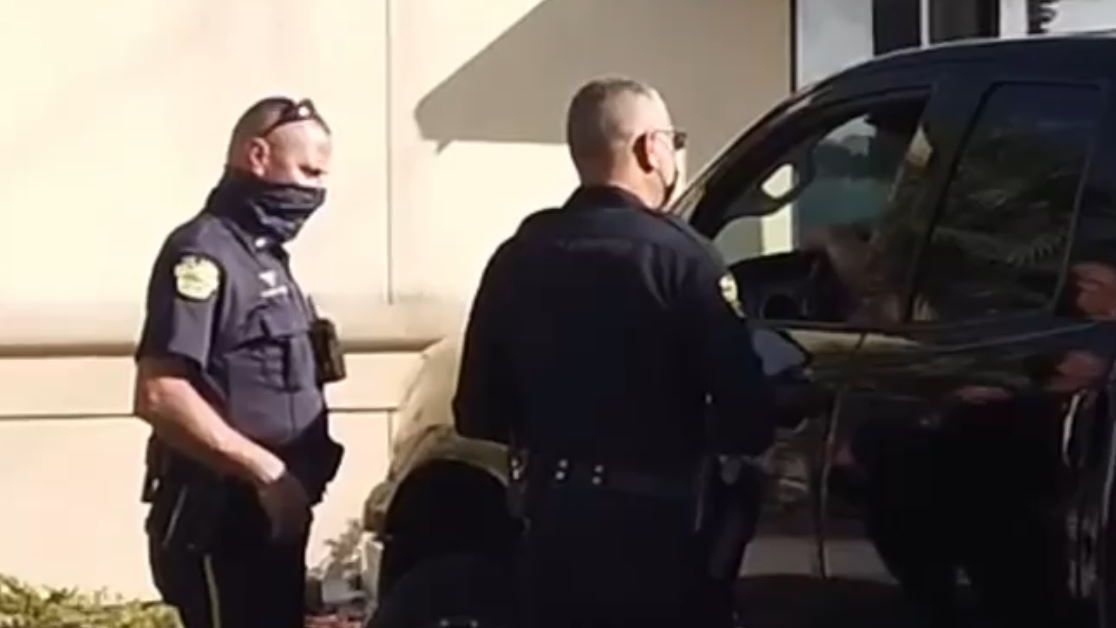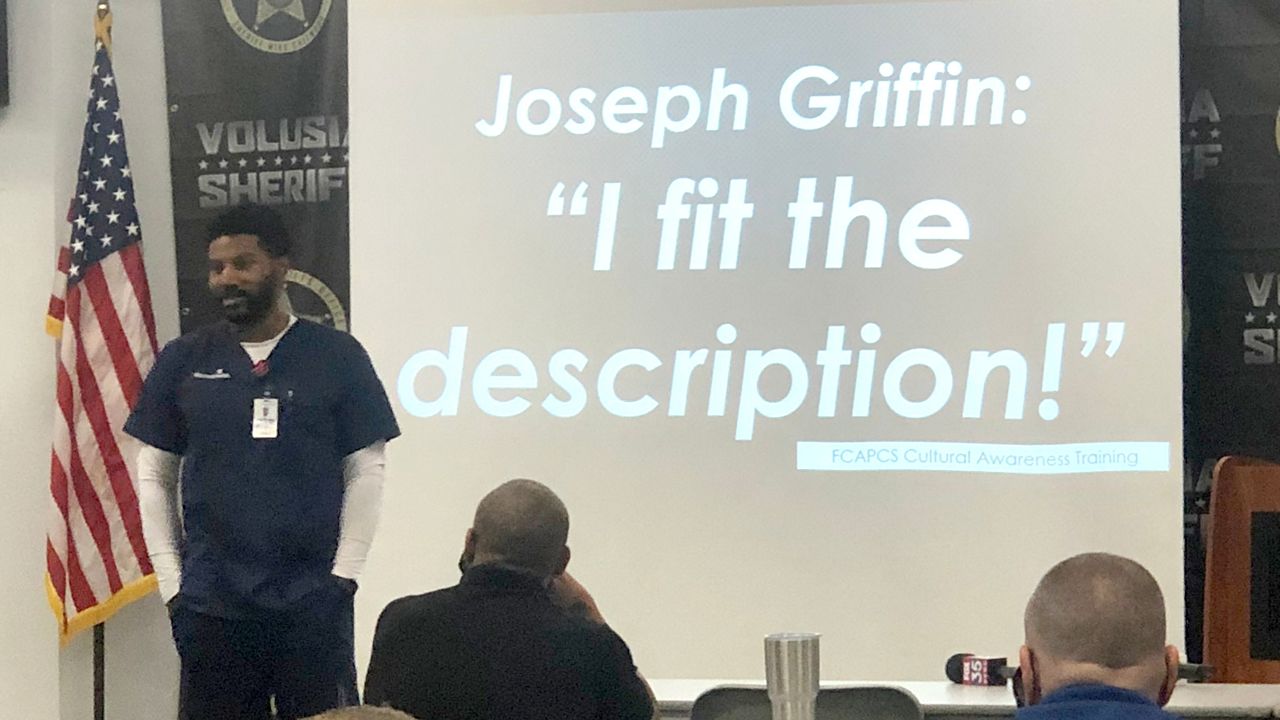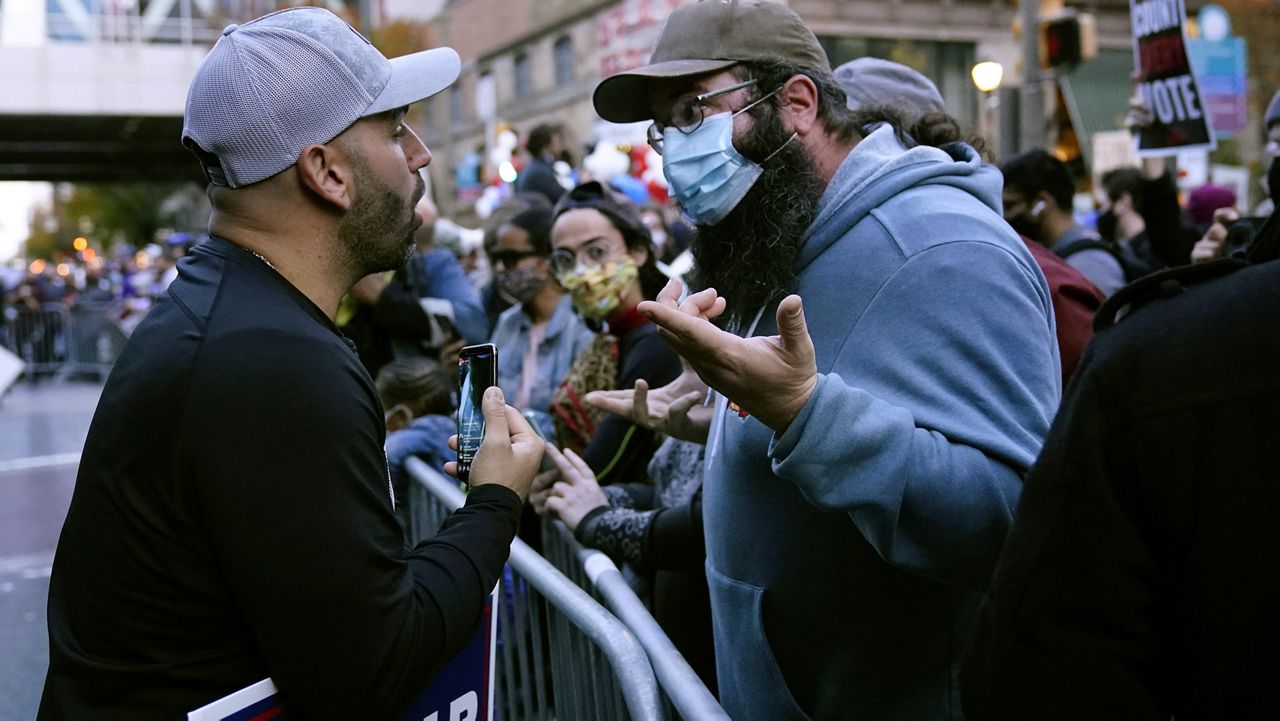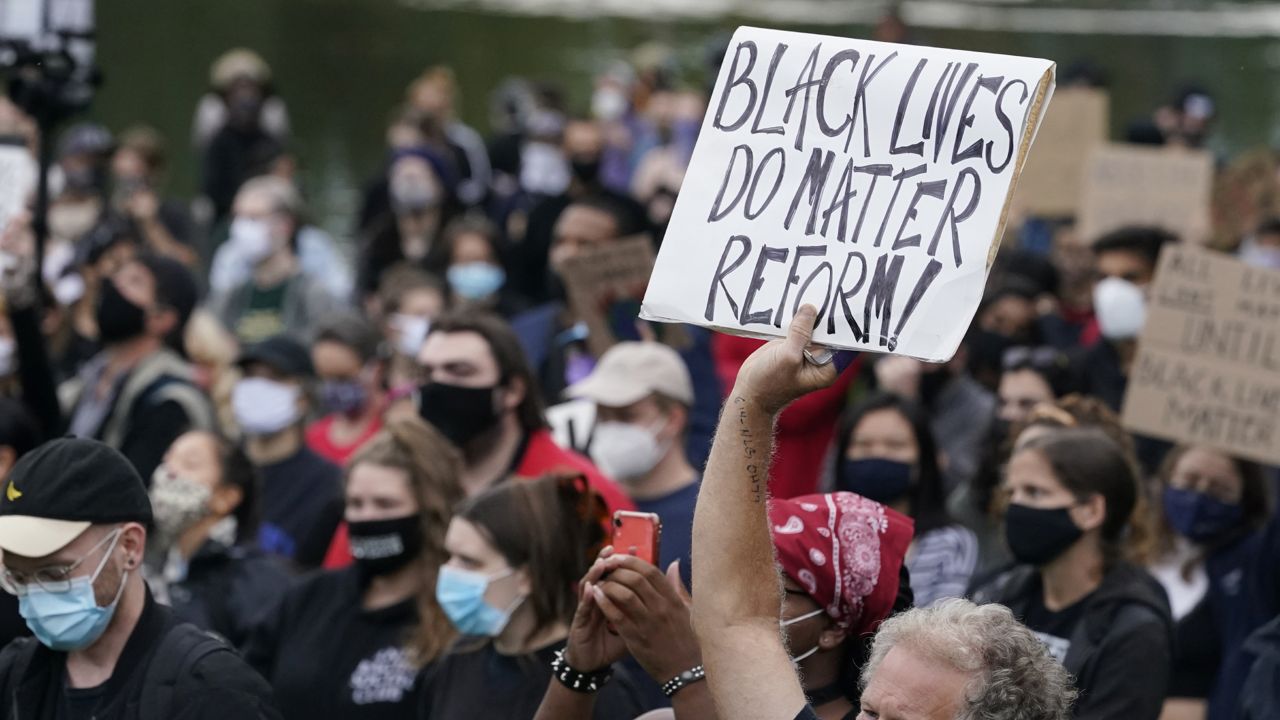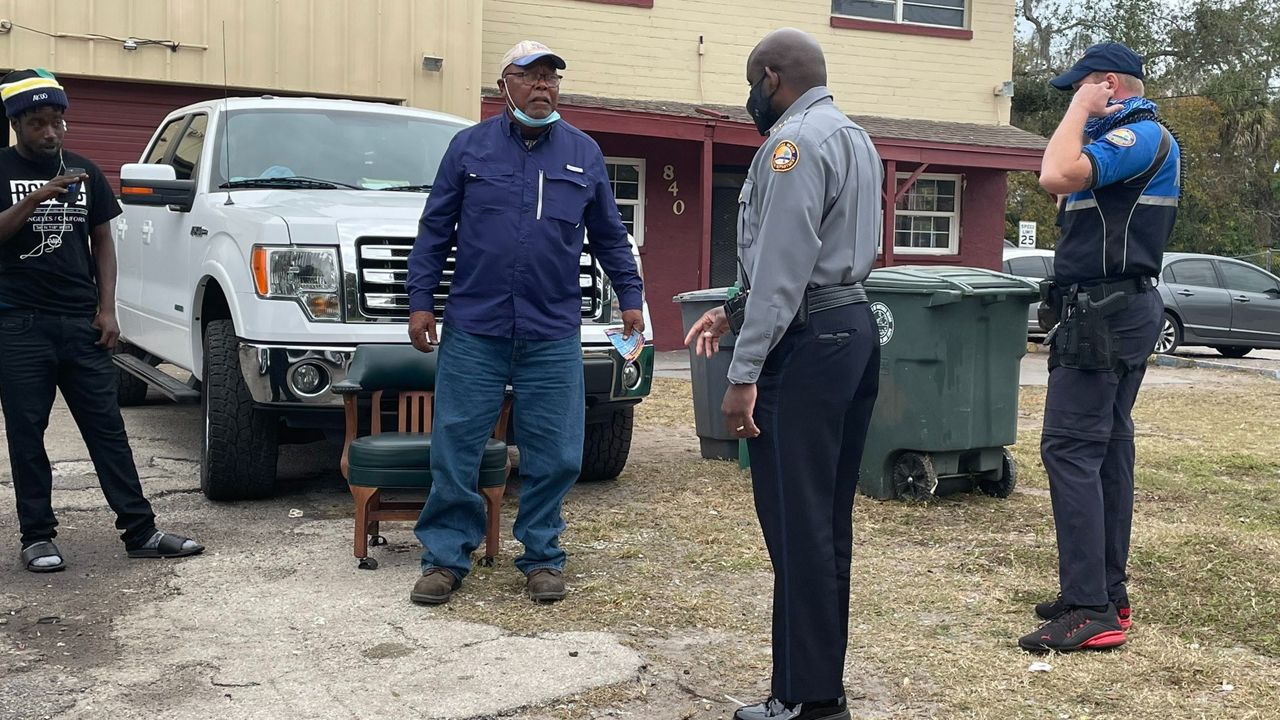ORLANDO, Fla. — Cliff Long thinks law enforcement agencies everywhere need to take a surgical approach to stopping violence against citizens.
What You Need To Know
- Junior Reserve Law Enforcement Program to prepare teens for law enforcement jobs
- Program to launch next school year at Orlando’s Jones and Lake Nona high schools
- Business leader says he sought to “bring our children and our officers together”
- Officials say program is similar to law enforcement version of Junior ROTC
“We have a problem in America where we keep trying to apply a topical solution to a systemic problem that is deeper within,” he said.
Long, chief executive officer of the Orlando Regional Realtor Association, approached the Orlando Police Department with an idea that would become the Junior Reserve Law Enforcement Program.
The program, announced Wednesday, aims to prepare teenage students for the workforce, offer opportunities in law enforcement and public safety, and foster relationships between police and the communities they serve, officials said.
“What we needed to do was to bring our children and our officers together so that everyone could learn that we are on the same team,” Long said.
In a news conference Wednesday, officials touted the program as a partnership among the Orlando Police Department, Orange County Public Schools, the Orlando Regional Realtor Foundation, and the School of Public Safety at Orlando-based Valencia College.
They described it as somewhat of a law enforcement version of Junior ROTC, and they trumpeted it as a game-changer.
“This partnership is way more than a program,” said Orange County School Board Chair Teresa Jacobs. “This is about changing the course of history right here in Orange County.”
The program comes amid the growing Black Lives Matter movement. The May killing of George Floyd by a white Minneapolis police officer sparked widespread demands for police oversight and accountability.
Yet Long, the Orlando Regional Realtor Association CEO, told Spectrum News 13 later Wednesday he didn’t envision the program specifically “for Black people or white people or Hispanic people.”
“I created the program because the one-size-fits-all topical solution is not working,” he said. “I did want us to take a more surgical approach toward how all communities are policed” and “bring the humanity back into the way relations are with regard to the citizens and the department.”
The Junior Reserve Law Enforcement Program will launch next school year at Orlando’s Jones and Lake Nona high schools. Officials said they hope to expand it to other schools.
The program will feature retired law enforcement professionals who will teach a formal curriculum at the schools, Orlando Police say.
Students will receive traffic-direction training that could help them qualify to become Orlando Police Department civilian community service officers. Students also will get a chance to receive Florida public safety telecommunications certification, which can lead to jobs such as 911 dispatcher.
Also, qualified high school students can earn credit from Valencia College and transfer into that school’s Law Enforcement Academy program, which provides law-enforcement certification.
Orlando Police Chief Orlando Rolon said the Junior Reserve Law Enforcement Program also will introduce students to professions in areas such as crime scene investigation and law enforcement professional staff.
“The great Nelson Mandela once said education is the most powerful weapon which you can use to change the world,” Rolon said at the news conference. “That is so true."
“I cannot think of a better way to foster relationships than through education. What we’re introducing today is an opportunity that will undoubtedly provide students a unique educational experience to someday join this profession.”
Vicki-Elaine Felder, who represents District 5 on the Orange County School Board, said the program would foster and strengthen “equity and inclusion in our communities.”
Long, the inspiration behind the program, said he sought to remove in schools “fear of the uniform” and to instill “respect for the uniform.”
At the same time, he said he would like to see law enforcement officers in pursuit of a suspect rely on “10 more options.” Officers who know their communities know where a suspect lives, he said.
“Not only do I know where he lives, I know where his mother lives, I know where his grandmother lives,” Long said, speaking from the perspective of an officer who might have gone through the new program, “so let’s just go back and deescalate this situation.”
When you bring police and students together, he said, “you create a synergy and an opportunity to change the world.”




